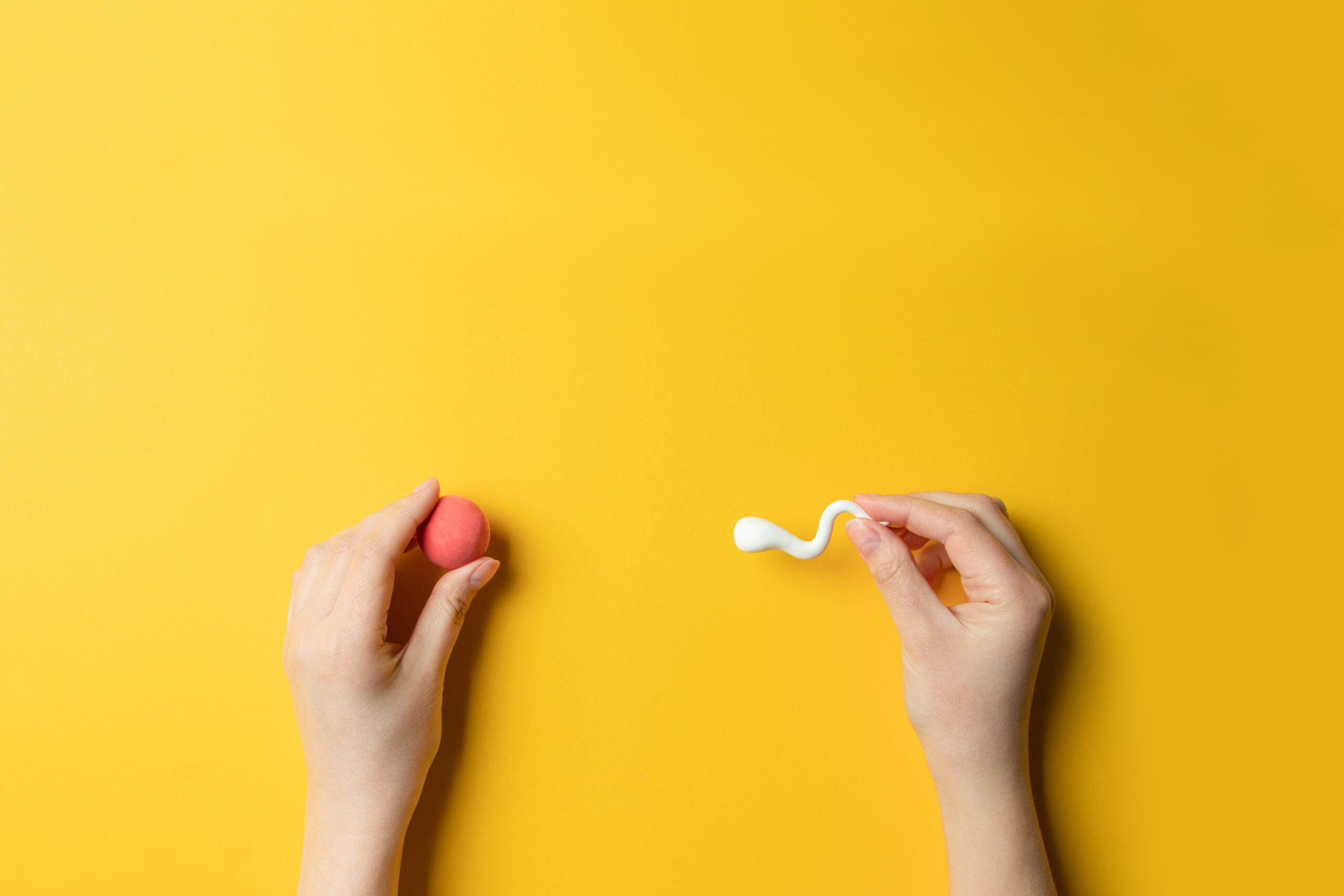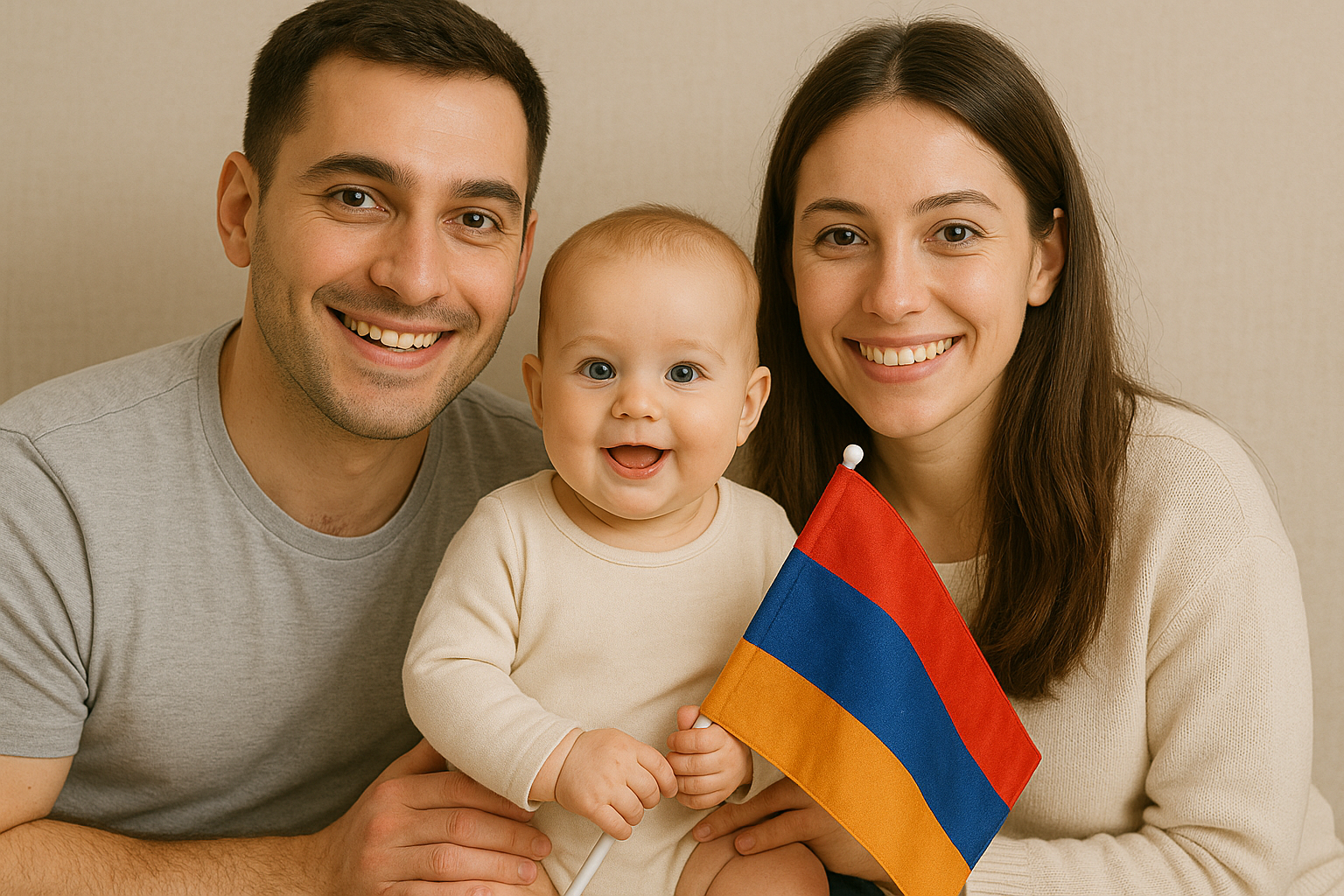Parents
The Egg Donation Process – From Start To Finish
If you’re considering egg donation, you will find it helpful to know exactly what to expect and when. So let’s dive into each stage of the process.
For some, starting or growing a family comes easily, but for others it may take more time and effort, and might require the use of third party reproduction alternatives. One of these is egg donation - an assisted reproductive treatment utilized by women who do not have any viable eggs for whatever reason, as well as by gay or single men who want to start a family.
The success rates using egg donation in the US are very encouraging:
- 70% of pregnancies achieved on the first attempt resulting in live birth
- 88% of pregnancies achieved on the second attempt resulting in live birth
- 98% of pregnancies achieved on the third attempt resulting in live birth
If you’re considering egg donation, you will find it helpful to know exactly what to expect and when. So let’s dive into each stage of the process.
Step #1 - Choosing an Egg Donor
Your journey begins by selecting your ideal egg donor, the one that matches your specific preferences. This stage is an extremely important part of the process and probably the most personal one.
Most fertility agencies have databases available where you can browse egg donors according to various filters, such as ethnicity, physical attributes, education level, religion, family history and other elements. This means there are quite a few details to go through and the best way to get
started is to simply decide on the characteristics that are important to you beforehand and then start browsing.
It's also important at this stage to decide whose sperm will be used for the fertilization process and to have a semen analysis completed in order to test for any fertility issues (where applicable).
Step #2 - Screening
Upon selecting your donor, both you or your gestational surrogate and your donor will go through a screening process.
Medical. A medical screening of the donor is performed to make sure that the donor is a strong candidate in order to help you achieve your goal of parenthood. The medical tests will involve ovarian reserve testing including a pelvic ultrasound and hormonal testing, screening for infectious diseases, a drug screen and genetic carrier testing.
The intended mother or gestational surrogate will also undergo screening which may include hormonal and uterine evaluation, psychological, mammogram, as well as in some cases a mock cycle. During a mock cycle the intended mother or gestational surrogate uses the same hormonal medications that will be taken at the time of the embryo transfer. The goal is to confirm that the medications are effective and that her uterine lining will respond appropriately.
Psychological. The donor and the intended mother or gestational surrogate undergo psychological screening to make sure that they are emotionally and mentally suited for the egg donation process.
Stage #3 - Legal Contracts
The legal contracts are required to protect both intended parents and the donor. Each party has their own legal representation and while drafting the agreement, each attorney will review the legal documents and negotiate on behalf of their client. Once the contract is signed the egg donation cycle can begin.
Step #4 - The Actual Egg Donation
If you opted for a fresh egg donation cycle, in most cases this is what the egg retrieval process will look like:
1. The egg donor administers injectable medication to stimulate her ovaries to produce eggs. Without medication, one to two mature eggs are produced during a typical menstrual cycle. With medication, that number can easily be upwards of 20.
2. The egg donor undergoes the egg retrieval process. The retrieval procedure is performed under anesthesia and the donor can leave the clinic about two hours after the procedure.
The following stages are true for both fresh and frozen donor eggs.
3. Sperm will be used to fertilize the donor eggs in a lab to create the embryos. 4. Five to six days after the initial fertilization you will be notified of the number of embryos which have successfully reached the blastocyst phase of development (this is an embryo which is ready to implant in the uterus).
5. Many families opt to then perfom preimplantation genetic testing (PGT) on their blastocysts in order to rule out certain genetic diseases and to determine the sex of each embryo. Your blastocysts will be frozen until you receive your results and once the results are back your embryo transfer date will be set. In the event you do not want to perform PGT on your embryos the other option you can explore with your doctor is to have a fresh embryo transfer, which will be done about five days after the donor’s egg retrieval.
6. Ten days following transfer the intended mother or gestational surrogate undergoes a blood test to determine whether she is pregnant.
Step # 5 - The Pregnancy
Congratulations!:) Now all that’s left is for the mother or gestational surrogate to follow normal maternity procedures as required by her obstetrician, though unlike a naturally achieved pregnancy, you will be instructed to remain on hormonal support for the first eight to ten weeks of your pregnancy.
On A Personal Note
We hope you now better understand what to expect from the egg donation process. As parents who experienced third party reproduction first hand, our main goal is to help intended parents understand their choices and the processes ahead, and streamline their journey.
Simply put, we built the platform we wished we had when we were going through this process: one that gathers as many fertility agencies as possible in one place, so that intended parents don't have to waste so much time and energy sifting through numerous websites and agencies in order to find the right donor and connect with the agencies of the donors they are potentially interested in.
We hope you find our free platform helpful and if you have any questions, please don’t hesitate to contact us.





